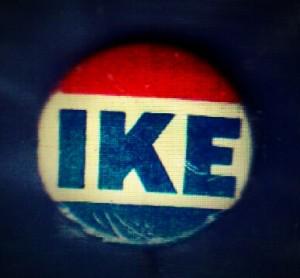How do you like to be annoyed? Is it via television ads? Phone calls? Radio ads? What about planes in the sky? Protestors with signs? Little flyers dropped in your mailbox? Get ready, it’s going to get rough.

It used to be so simple
We’ve already seen some of the plans organized by our beloved super PACs to disrupt the national conversation. Those of you in states with early presidential primaries have already endured the first barrages. Hang tough soldiers, the war is only beginning.
Perhaps it is because we as Americans love our war terminology that we perceive any competition as a battle, or at least a fight to the death. Few competitions have more real importance than the presidential election, and few competitions employ as many people, or as much energy and money.
By the time that voters arrive at the polls they will have seen and heard countless ads designed to mangle impressions and shape mind sets. Some ads will achieve their desired goal, others will backfire. Computer modelling will try to limit the risk of unintended calamity, and ever more sophisticated PR experts will come up with better ways to reach people in eye-catching ways. What this means for the voter: it will be almost impossible to fairly judge either Obama or Romney.
The fundamental problem with campaign advertising is the need to educate the entire population about issues in order to correctly understand criticism. As so many people in the US lack comprehensive knowledge on economics, finance, international geopolitics, and security arguments must be reduced to their simplest, 30-second forms. Often, the information comes out completely incorrect, because the impression of the viewer is more important than what’s being said.
Understanding what the President of the United States does is impossible unless you sit in the Oval Office. Therefore, the only way to judge a candidate, especially if one is not the incumbent, is to go on moral convictions and perceived judgement. It is in this wet land of great artistic license that we find the dirtiest mud. After all, possibly a bigger problem than the lack of education might be voter turn out. Fire drives people out of their home who might normally secede their democratic duty. Either way, it gets worse every year.
